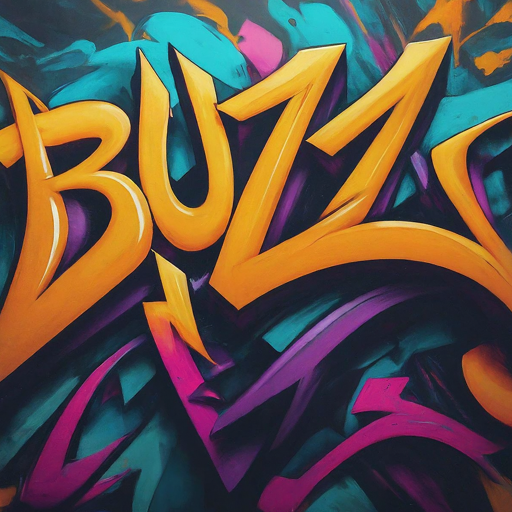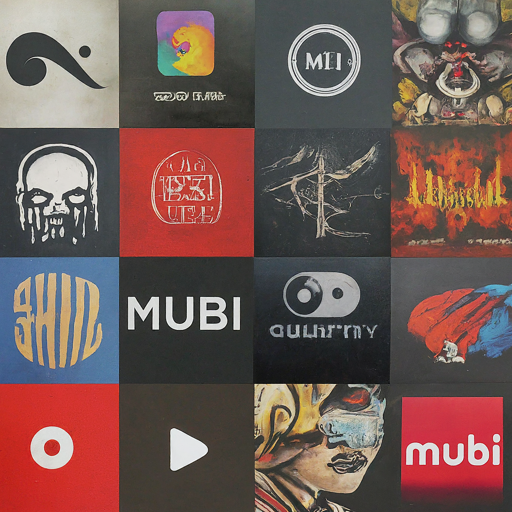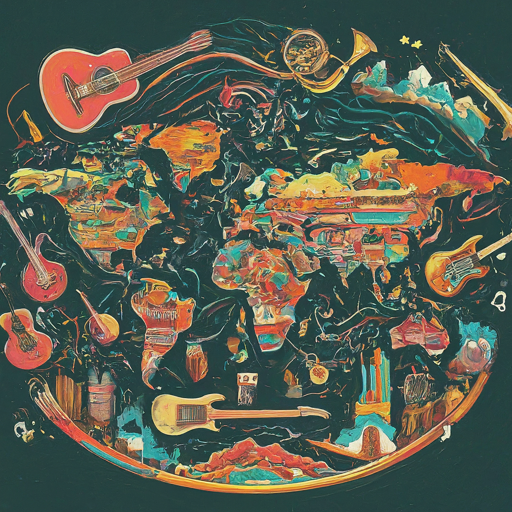Explore the harmonious relationship between video games and music, and how they influence each other in various ways.
The Evolution of Video Game Music
Video game music has come a long way since the early days of gaming. In the early days, video game music consisted of simple, repetitive tunes designed to serve as background music while players focused on the gameplay. However, as technology advanced, so did video game music. With the introduction of more powerful consoles and computer systems, video game composers were able to create more complex and immersive soundtracks. Today, video game music has evolved into a sophisticated art form, with composers using orchestras, choirs, and even full bands to create epic soundtracks that rival those of blockbuster films.
The evolution of video game music can be attributed to several factors. One of the main factors is the advancement of technology. As consoles and computer systems became more powerful, they were able to produce higher quality audio, allowing composers to create more intricate and realistic soundtracks. Additionally, the increasing popularity of video games as a form of entertainment has led to a greater demand for high-quality music. Game developers and publishers now recognize the importance of music in creating an immersive gaming experience, and as a result, they invest more time and resources into creating memorable soundtracks.
Another factor that has contributed to the evolution of video game music is the influence of other genres of music. Video game composers draw inspiration from a wide range of musical genres, including classical, jazz, rock, and electronic music. This diversity of musical influences has led to the creation of unique and innovative soundtracks that enhance the gaming experience. For example, the use of orchestral music in fantasy role-playing games adds a sense of grandeur and epicness, while electronic music is often used in fast-paced action games to create a sense of urgency and excitement.
The Influence of Video Games on Music
Video games have not only influenced the evolution of video game music but have also had a significant impact on the music industry as a whole. One of the ways video games have influenced music is through the use of licensed music. Many video games feature popular songs from well-known artists, which not only adds to the immersive experience but also introduces players to new music. For example, the use of licensed music in sports games like FIFA and NBA 2K has helped popularize certain songs and artists among gamers.
In addition to the use of licensed music, video games have also inspired musicians to create music inspired by gaming. There are numerous examples of songs and albums that draw inspiration from video games, whether through their lyrics, melodies, or overall aesthetic. Some musicians even incorporate video game sound effects or samples into their music, blurring the lines between gaming and music even further. This cross-pollination between video games and music has resulted in the emergence of new genres and subcultures, such as chiptune music and gaming-inspired EDM.
Furthermore, video games have provided a platform for aspiring musicians to showcase their talent. With the rise of music-based games like Guitar Hero and Beat Saber, players have the opportunity to interact with music in a more active and immersive way. These games not only allow players to have fun and challenge themselves but also serve as a gateway for aspiring musicians to learn and practice their craft. Many players have discovered a passion for music through these games and have gone on to pursue careers in music production, composition, and performance.
The Use of Licensed Music in Video Games
The use of licensed music in video games has become increasingly common in recent years. Game developers and publishers recognize the power of music in creating an immersive gaming experience, and they often seek out popular songs to enhance their games. Licensed music can help set the mood, evoke emotions, and create a sense of familiarity for players. For example, a game set in the 1980s might feature popular songs from that era to create a sense of nostalgia.
However, the use of licensed music in video games can also present challenges. Obtaining the rights to use popular songs can be expensive, and there are often legal and copyright issues that need to be navigated. Additionally, the use of licensed music can sometimes overshadow the original compositions created for the game, leading to a lack of recognition for the video game composers. Despite these challenges, the use of licensed music in video games continues to be a popular choice among developers and publishers.
The Rise of Music-Based Games
Music-based games like Guitar Hero and Beat Saber have gained immense popularity in recent years. These games combine the interactive and immersive nature of video games with the enjoyment of music. Players are able to participate in virtual bands, play guitar solos, or become a DJ, all while listening to their favorite songs. These games not only provide entertainment but also serve as a form of creative expression and a way for players to connect with music on a deeper level.
The rise of music-based games has also had an impact on the music industry. These games have introduced players to new artists and genres, helping to promote lesser-known musicians and expand the reach of established artists. They have also inspired a new generation of musicians who are drawn to the interactive and collaborative nature of music-based games. Many players have gone on to pursue music lessons or join bands, thanks to their experience with these games.
Furthermore, music-based games have sparked innovation in the gaming industry. Developers are constantly finding new ways to incorporate music into gameplay, whether through rhythm-based mechanics, interactive soundscapes, or virtual reality experiences. As technology continues to advance, we can expect music-based games to become even more immersive and interactive, blurring the lines between gaming and music even further.
The Future of Music and Gaming
The future of music and gaming is an exciting one. As technology continues to advance, we can expect even more seamless integration between music and gaming. Virtual reality and augmented reality technologies have the potential to revolutionize the way we experience music and games, allowing us to step into virtual worlds and interact with music in ways we never thought possible.
Additionally, the rise of streaming platforms and online communities has created new opportunities for musicians and gamers to collaborate and create together. We can expect to see more collaborations between musicians and game developers, resulting in unique and innovative gaming experiences. Likewise, we can expect to see more musicians embracing gaming as a form of creative expression, incorporating gaming elements into their music videos, live performances, and album artwork.
In conclusion, the intersection of video games and music is a harmonious one, with each influencing and inspiring the other in various ways. From the evolution of video game music to the influence of video games on the music industry, from the use of licensed music in video games to the rise of music-based games, the relationship between music and gaming continues to grow and evolve. As technology advances and new opportunities arise, we can look forward to even more exciting collaborations and innovations in the future.




